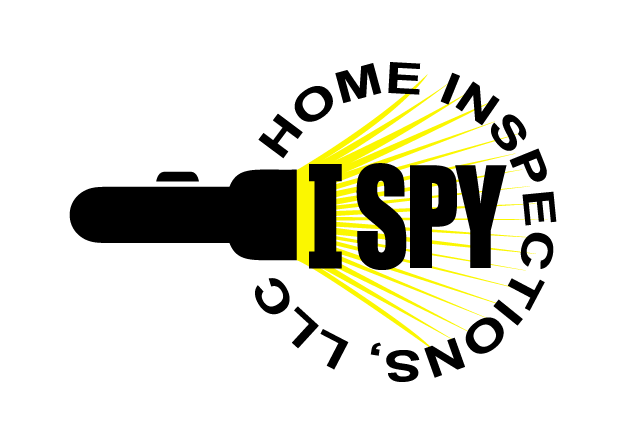Sellers in Louisiana are legally bound to disclose what they know about their property’s condition. But here’s the catch: in many cases, they can only reveal the defects they’re aware of. Therefore, while the disclosure form may paint a rosy picture of the property, it may not tell the whole truth. The best option is to request a real estate home inspection.

Here are just a few of the hidden defects that can only be uncovered through a real estate home inspection:
- Mold and Mildew. These moisture-loving menaces can hide behind walls and in damp spaces, causing structural damage and triggering allergies. Before you agree to buy, you’ll need a licensed mold inspector to verify that they haven’t invaded your future home.
- Volatile Organic Compounds. VOCs are invisible but can have a profound impact on your indoor air quality and health. They can be found in everything from paint to carpeting; only an air quality test can detect their presence.
- Termites and Wood-Destroying Insects. These tiny terrors can silently devour the very structure of your dream home, leaving you with a crumbling money pit. A home inspector knows precisely where to look for the telltale signs of infestation, from mud tubes to discarded wings, ensuring that you don’t unknowingly buy into a termite buffet.
- Asbestos. Asbestos is a notorious carcinogen that was once a popular building material, and it can still be found lurking in older homes. Any asbestos-containing materials, such as insulation or floor tiles, must be identified and safely removed before the sale can be finalized.
When you entrust a real estate home inspection to an impartial professional, they’ll be sure to dig deep. Their detailed report can reveal problems that even the most well-intentioned seller might be oblivious to. This knowledge puts you in the driver’s seat – whether it’s negotiating a lower price, asking the seller to fix things pre-sale, or even walking away from a potential nightmare.

